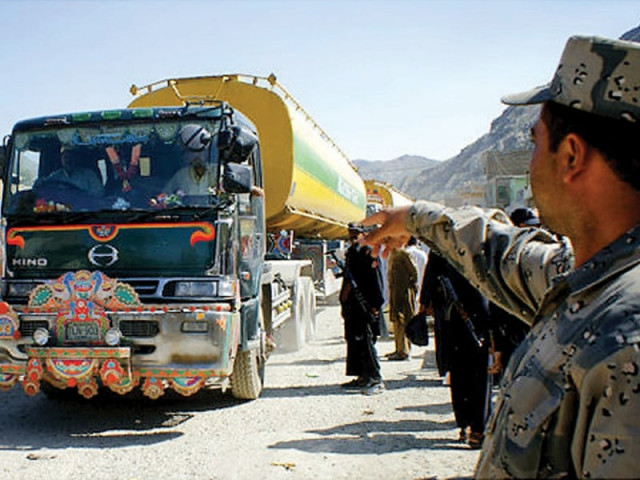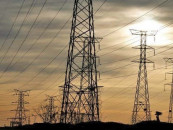Afghanistan wants Pakistan to export furnace oil
Neighbours with surplus electricity look for fuel to keep plants running.

“The government charges General Sales Tax (GST) on use of furnace in local power plants and Afghanistan will have to pay the same if exports are allowed,” the official said. Pakistan’s furnace oil demand is 9 to 10 million tons per year. Local oil refineries produce 2.5 million to 3 million tons per year while the remaining amount is met through imports.
Afghanistan’s request of 12,000 tons of furnace oil import coincides with talks between Pakistan and the US on resumption of Nato supplies, said a senior official of the petroleum ministry. Pakistan has suspended supply of goods, including oil, to Nato forces due to a stand-off with the US since attacks on two Salala checkposts on November 26, 2010 which killed 24 soldiers. Pakistan was exporting subsidised petrol, high speed diesel (HSD) and jet fuel to Nato forces.
At present, Afghanistan is importing 300 megawatts each from Uzbekistan and Tajikistan, 80 megawatts from Turkmenistan and 188 megawatts is being generated from Afghan power plants. Afghanistan has a surplus of power as its demand stands at 240 megawatts.
“If Afghanistan wants furnace oil, it will have to pay all applicable taxes on furnace oil in Pakistan,” a government official said. In December 2011, Economic Coordination Committee (ECC) banned export of locally produced high speed diesel and petrol to Afghanistan. ECC also decided that Afghanistan would have to pay all applicable taxes including petroleum levy and general sales tax (GST) if it imported these products in the future.
Kabul has been lobbying to allow duty-free import of oil but Ministry of Petroleum and Natural Resources in a letter to Ministry of Commerce wrote that it will have to pay all duties applicable to petroleum products in Pakistan.
In December 2011, the petroleum ministry told the ECC that ground realities were quite different as imports were only being made on paper and all these petroleum products ended up back in Pakistan after going through the export process. Another reason to tax possible imports to Afghanistan is to cover transport damages. Tankers transporting oil to Afghanistan have destroyed roads many a times in Pakistan.
Pakistan has been supplying around 850,000 tons jet fuel to Afghanistan per year. The country also exported 150,000 tons of high-speed diesel and 100,000 tons of petrol in 2002-03 at subsidised rates.
Published in The Express Tribune, May 16th, 2012.



















COMMENTS
Comments are moderated and generally will be posted if they are on-topic and not abusive.
For more information, please see our Comments FAQ